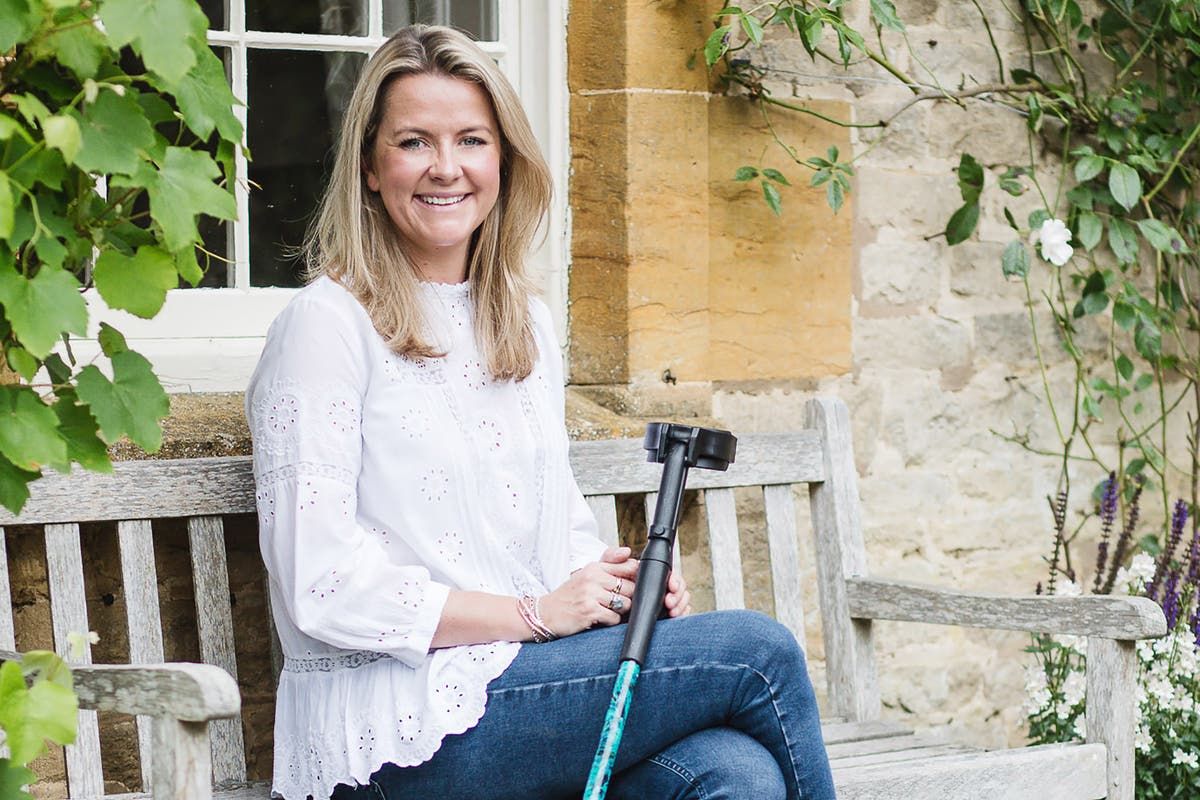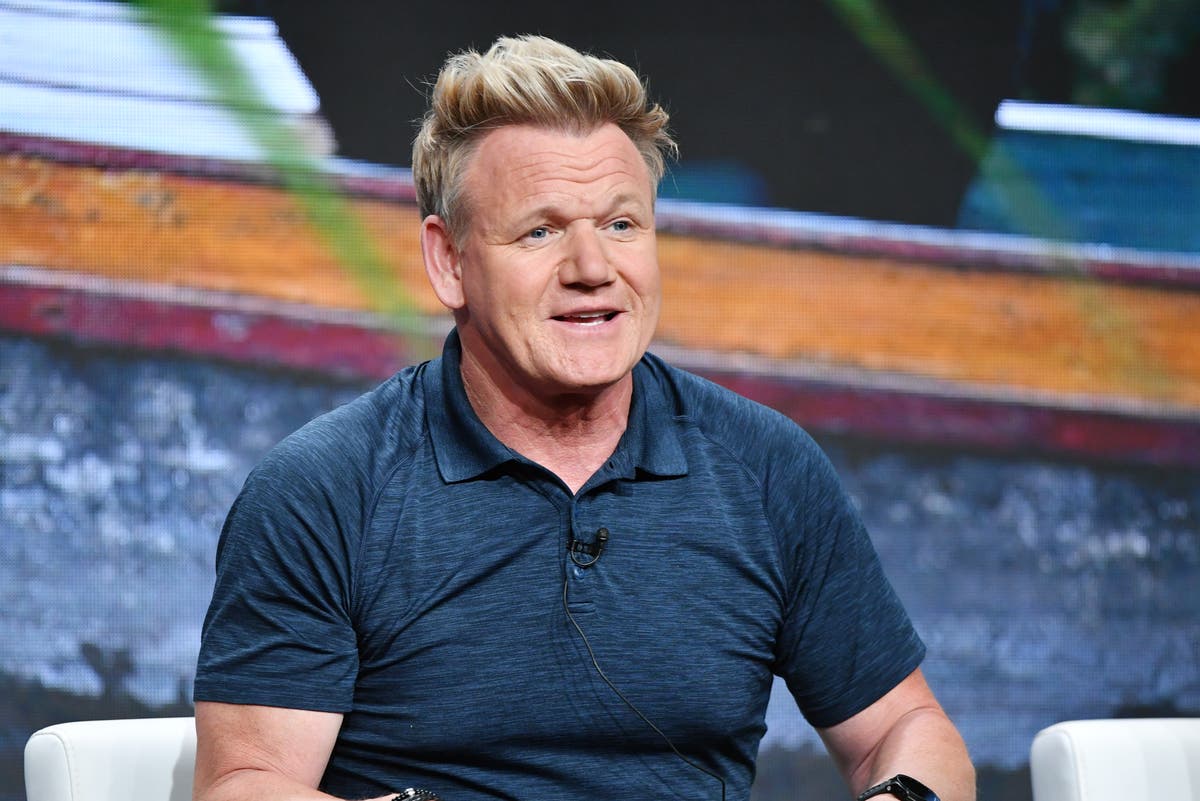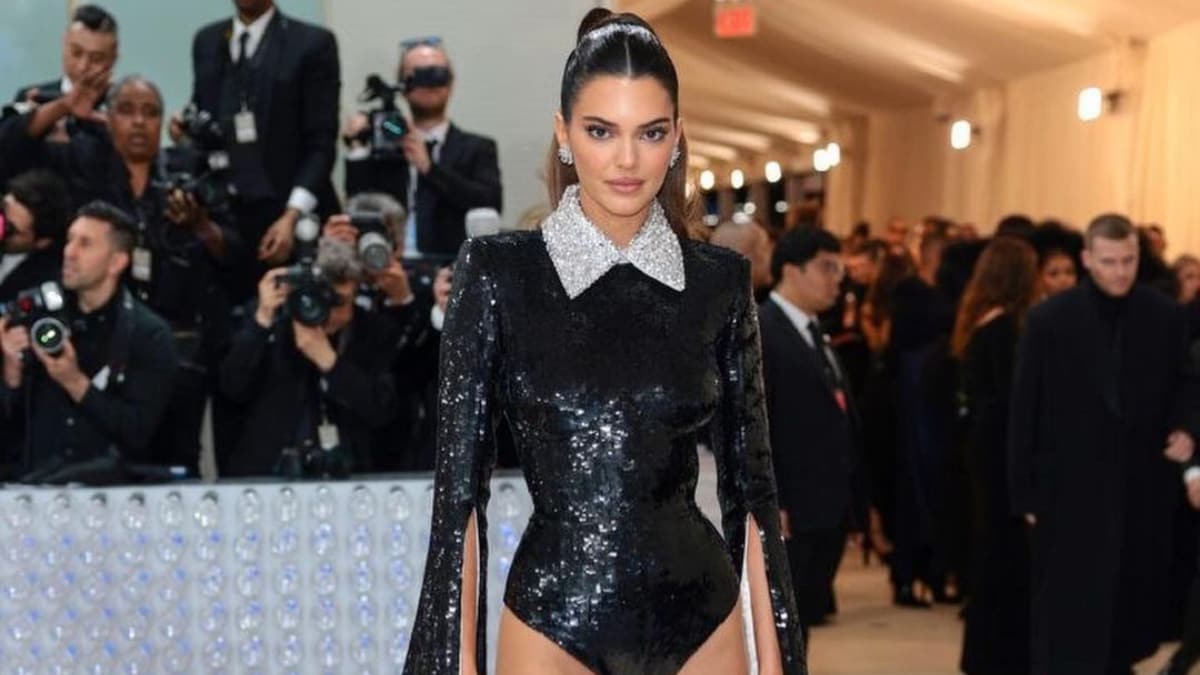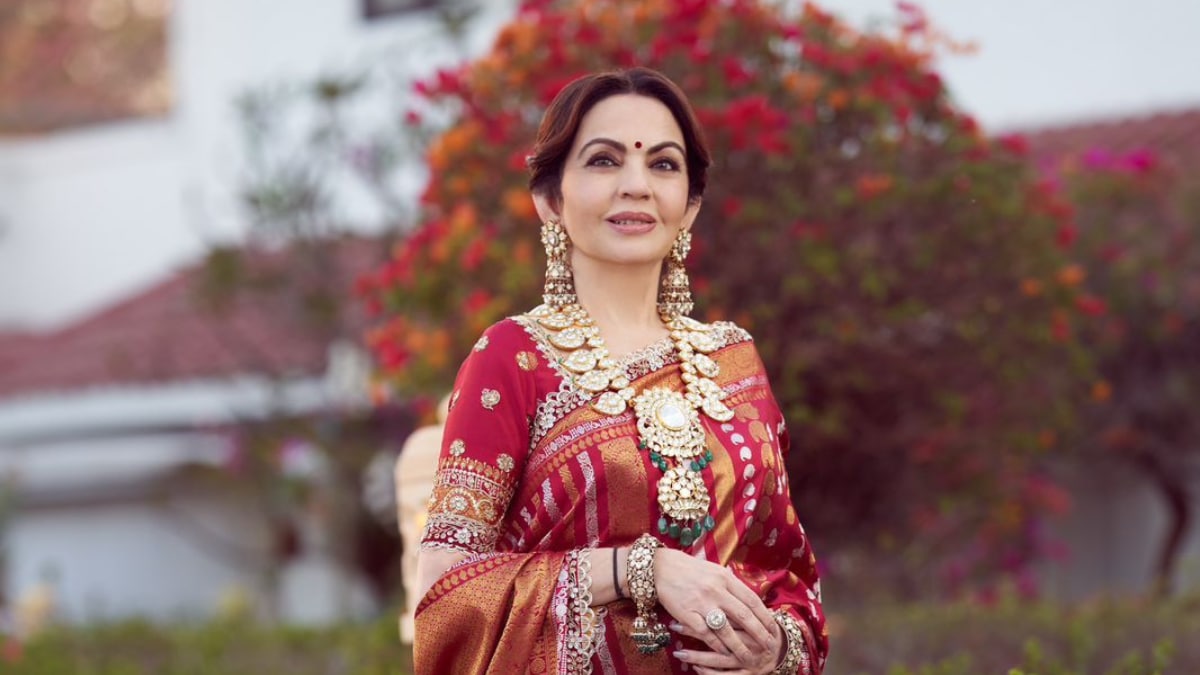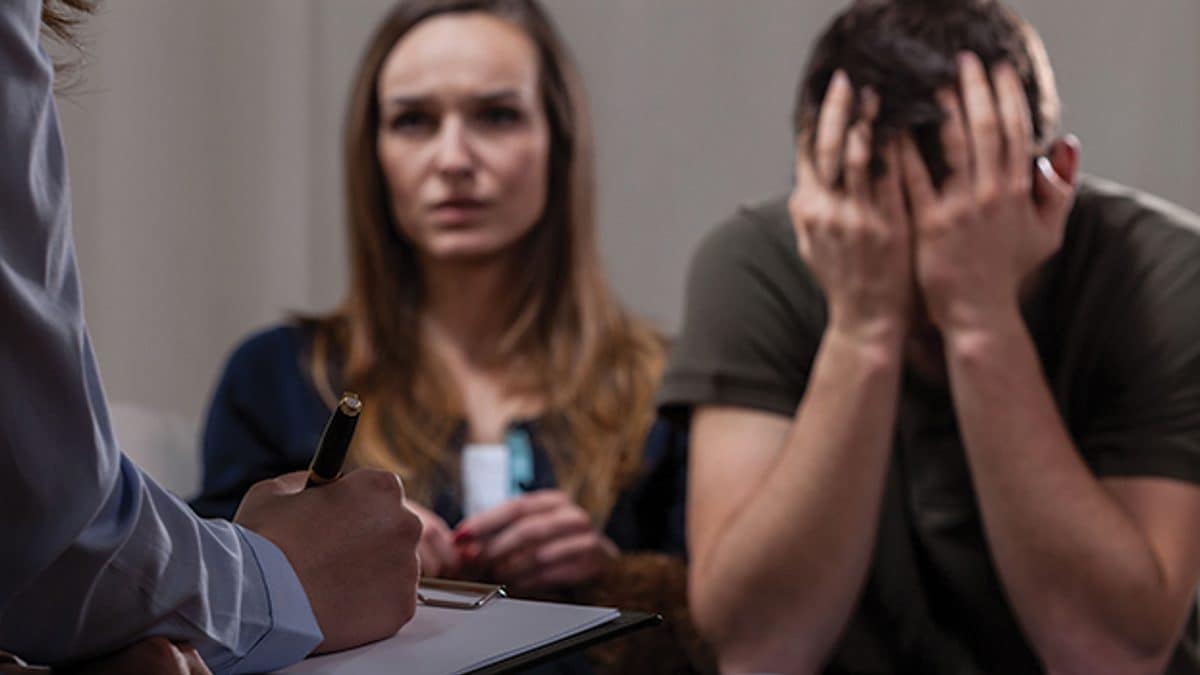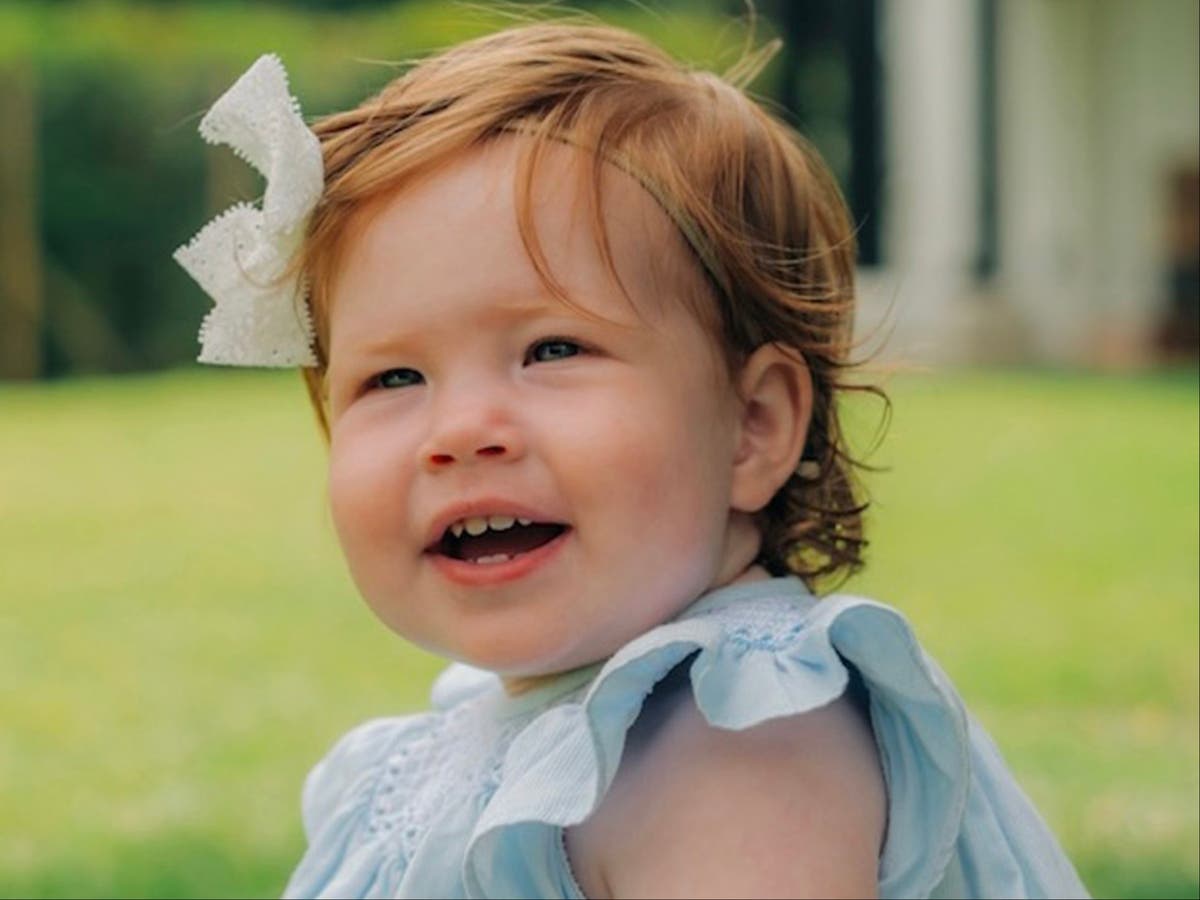Truly support
independent journalism
Our mission is to provide unbiased, fact-based reporting that holds the powerful to account and exposes the truth.
Whether it's $5 or $50, every contribution counts.
Support us in offering journalism without agenda.
YoIn October 2005, I was 19 and studying at university in Edinburgh. I went away for a weekend to a place in the middle of nowhere, in rural Scotland, for a friend's birthday. We weren't allowed to drive a car because the dirt roads were too rough, but we were offered a quad bike instead.
On the way back, my friend, who had grown up riding quads, asked me if I wanted to drive. I was a little scared, but she told me to go very slowly. There was a bump and she told me to turn slightly towards the hill, which I did, and then one of the rear wheels slid off the edge of the track. We went into a big dip that eventually landed in a river at the end. I was the first to fall.
Surprisingly, the other three girls were all pretty okay, except for a broken toe. I was in a lot of pain and suspected I had broken my feet. I thought my legs were stuck in the air and asked my friend if she could take off my boots and check for any injuries. “You're not wearing boots and your feet are on the ground,” she told me. That's when I realized something was really wrong.
I had to be flown by helicopter to Glasgow Hospital, where I was told my spine was in shambles – it looked like someone had taken a hammer to a marzipan. They said I would probably never walk again unaided. The best-case scenario was that I would be able to walk with crutches, but whether I would be able to take two, ten or twenty steps remained to be seen.
At first, the question of whether or not my accident would affect my chances of becoming a mother worried other people more than me. My mother received 100 phone calls a day from friends and family asking, “Can you feel your toes? Can you wiggle them? Do you think you'll be able to have children?” At that point, I couldn't even pee on my own; I just wanted people to put the baby thing aside for 10 minutes.
For a long time I put off the subject of children, but as I grew older I realized I had never gotten a definitive answer. Finally, I asked my urogynecologist if it would be possible for me to have a baby. He told me there was no reason I couldn't conceive, but that pregnancy is physically demanding for a healthy person and I had health problems that would be affected. Giving birth would be a big risk.
I felt like I was carrying around this terrible news in my head: that there was a good chance I wouldn't be able to have children. When do you talk about that in a relationship? It's not exactly a first-date conversation. And I dated some absolute monsters. Some guys just assumed I would kiss them because I “wouldn't accept other offers.” There was one guy who thought dating a disabled person was a huge honor. He introduced me to all these people like I was a hero. I felt so embarrassed!
I can't worry about what other people think, say or do. All I can do is work hard to make sure that no one else gets these comments.
I was never very optimistic about finding someone and I didn’t really care. I thought I had enough with what I had and was quite happy looking after myself. The baby thing seemed irrelevant. Then I met my now husband, Andrew, at a wedding. And suddenly everything was so easy. He never had a problem with my disability. He didn’t go around bragging about how wonderful he was for dating someone like me. I thought, “Oh, so this is what it’s like when you find the right person. It’s easy.”
At six months I thought I should probably talk to the kids. I told him I wasn't 100 percent sure I could have them, and even if I could, I wasn't 100 percent sure I wanted to put my body through that. He just said we'd cross that bridge when we got to it, that he wanted to be with me no matter what.
After we got married, I went to the doctor. He told me that I should be able to have a baby – not a natural birth, but a Caesarean section under general anaesthesia. I decided to take the plunge. I have always been very determined, but having a baby was the one thing I secretly thought would never happen – the thing that hurt the most was the thought of what I had lost. When I woke up after the Caesarean, my husband was sitting next to me with a baby in his arms. I thought, “Oh my God, I have done it and I am alive.”

The health risks were not for the baby, but for me: during pregnancy, delivery and immediately after birth. I had decided that there was no problem with that, but people who didn’t know me immediately became worried about the baby. They would say to me: “Are you really going to have a baby? Will it be okay? How are you going to take care of it?”
Suddenly, all these people were asking me if it was “fair” for me to have a baby if I wasn’t going to be physically capable of raising my children at the same level as someone without a disability.
The worst thing was that before I was born, I was so worried about everything they told me. I wondered if I was going to be as good a mother as she was. And then when I had my first child, I realized it was all absolute rubbish.
People tell you it's the hardest thing you'll ever do, that it's a huge life change and a huge shift, but it's something that happens to everyone. In fact, I was better prepared than any of my friends. I'd had multiple major operations. I was used to not being physically well. I knew how to navigate the doctor's office, the GP, the pharmacy, everything you need for a baby.
I am very upset that I heard all this noise beforehand. When you have a disability, everyone sees it as a huge risk and they label you as selfish and wonder if it can be harmful to a child. It is a mistake. My children are fully aware of the disability. They are very positive about it; it is something natural for them.
What comes out of someone else’s mouth is a reflection on them, not you. If someone says to you, “Oh, how do you get the kids to school?” Well, I can drive! It seems like they’re the idiot, not me. I can’t worry about what other people think, say, or do. All I can do is work hard to make sure no one else gets these comments, stand here and say “ta-da!” and prove them wrong.

In a way, I’m very lucky that I was 19 when I had the accident, because it’s now 18 years later and I’m only 38 and I have a platform to be able to help other people in a similar situation. I’m the CEO of Cool Crutches, a company I started with my mom when she was in the hospital. The crutches I was given when I was doing physical therapy caused me to get really bad blisters on my hands – we just wanted to create a product that was comfortable and quiet, didn’t slip, and looked good. It was a side project until 2021 when I started working on it full-time.
I wouldn't be who I am without my disability. I wouldn't be doing what I do. I wouldn't be as grateful for what I have. I thought I'd never walk again, date, have kids, get a job. And yet, I ended up having a very healthy family and my own business.
Becoming a father has completely changed my perspective on what can and cannot be done. I have a huge sense of purpose. I feel like I have never wanted to do more, live better, take better care of myself, be healthier.
My kids (Rufus, age six, and Ralph, age four) are hilarious. Every day, every month, every year, it gets better. It's the best thing I've ever done. I'm so grateful I did it and didn't listen to other people's opinions.

